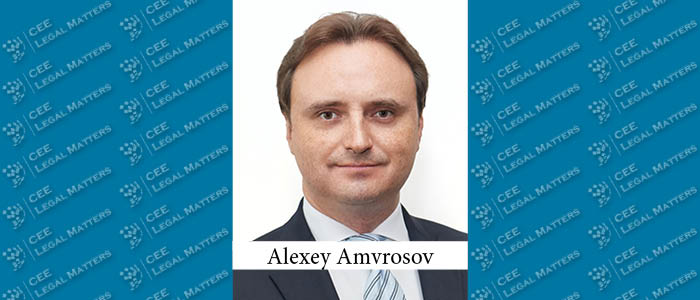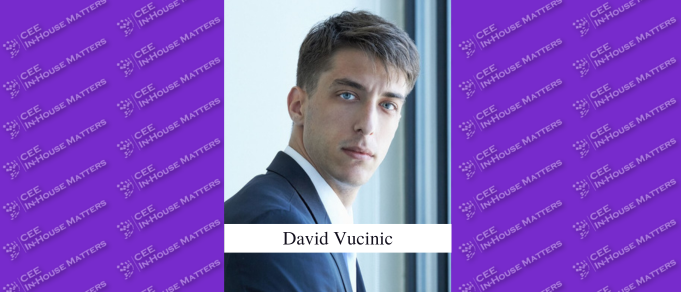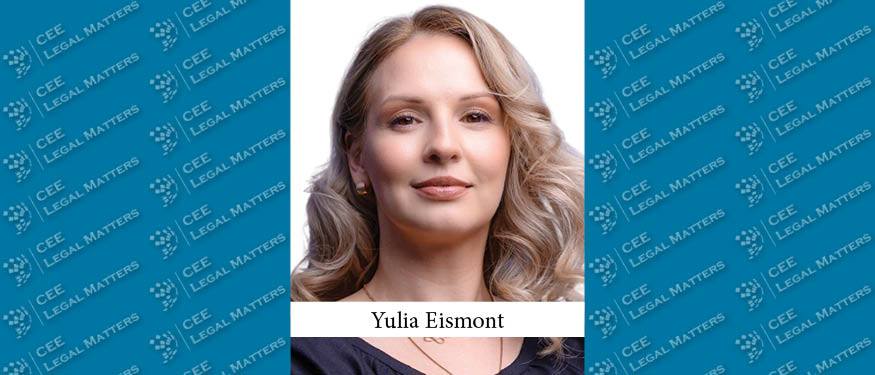Alexey Amvrosov, Lead Counsel for IBM Consulting in CEE, based in Vienna, highlights the soft skills that will differentiate successful legal leaders from those less so.
The modern corporate world environment is becoming more and more competitive. In-house lawyers are not immune to this trend. To become and stay successful, a senior lawyer needs to possess a combination of various skills and abilities. For many decades, legal hard skills – simply put, very good technical knowledge of the law, its interpretation, and drafting skills – have been at the forefront of a successful in-house legal career. However, new times create new challenges. Technical knowledge of the law, like many other technical areas, gradually becomes more and more automated. “Legal robots” are already capable of answering simple legal questions, and there is no way back – this technology will only improve in the coming years. In this environment, soft skills become increasingly important and will differentiate more successful legal leaders from less successful ones.
In essence, soft skills are personality traits and abilities that characterize one’s relationships in a social environment. “Social” is of critical importance here. Soft skills are very human by their nature and are much more difficult to automate, at least from a short-term perspective.
Unfortunately, for a very long time, social skills were not taught in schools in any structured manner. People had to figure out by themselves the right ways to communicate, collaborate, and build social relationships. This is gradually changing now – more and more development programs are being offered in the market. However, social skills still have not become a significant part of the classical education structure. There are even views that social skills (being a major cornerstone of soft skills) can hardly be taught. However, they can be developed and practiced. Those lawyers who acknowledge the importance of soft skills and take proactive steps to upgrade their abilities accordingly will greatly benefit from this in their career development.
There are many studies about soft skills that suggest different scopes and categorizations. In my view, these are the main areas where senior lawyers can differentiate themselves from others.
Effective Communication
Key for any successful social relationship. It starts the relationship and helps keep it beneficial and productive. When learning legal hard skills, lawyers get used to the complex and formal professional language. This is clearly an asset for many legal purposes, for example, contract drafting and commercial dispute resolution. However, this is not the language a business speaks. The task of a senior in-house lawyer in general and of a General Counsel, in particular, is to help and enable management to take decisions. This can only be done effectively if the management and the lawyer speak the same language. While preparing, the lawyer obviously must do all the detailed and complex homework – research, analysis, when necessary with the involvement of subordinates, colleagues, and external counsel. But when it comes to business interactions, management needs a condensed summary, conclusions, and recommendations, not the whole backstory. Simplicity equals clarity. The converse is necessary too: a GC must be able to explain the business tasks and objectives to subordinates and, where necessary, external counsel – and make sure that the tasks are well understood.
Broadly speaking, communication also includes presentation skills. Delivering messages supported by slides has become the prevailing standard, even though some companies are testing alternative ways. A good presentation to the business needs to be well structured and only include high-level bullet points. Of course, this does not prevent sharing factual material in parallel, where necessary. But the delivery of the presentation has to be clear and concise.
Another important part of the “communication soft skills” cluster is adaptability. A senior lawyer must be able to deliver messages to different audiences in different ways. It is also important to follow the flow of the meeting – a presentation at an executive meeting can easily turn into a discussion – even if the presentation has not concluded yet. It is a skill to change the mode of delivery “on the fly” and still communicate all the important messages even if not exactly in accordance with the original plan.
Judgment and Problem-Solving
Good judgment is a clear differentiator of a strong General Counsel. In many cases it comes with experience – just a good brain or good knowledge of the law does not equal good judgment. Rather than providing individual answers to specific legal questions, a general counsel thinks in a different way that considers the surrounding legal and regulatory environment (and in some cases also other elements of the business context), and how to deliver the best results for the business. General Counsel’s thinking should be always result-oriented – in brief, this can be described as “not only spotting a problem but resolving it.”
Furthermore, a General Counsel must be able to take balanced decisions or make recommendations, in various circumstances. Of course, a more comfortable environment is one where there is enough time and capacity to analyze all factors, but sometimes decisions need to be taken very quickly. A good senior in-house lawyer will be most valued if they are able to come to conclusions even in an environment of partial uncertainty. The world has become very fast in recent decades – often, there is simply not enough time to consider all possible and impossible factors, so decisions need to be taken even if not all factors are known. Having said that, this should not be taken to an extreme – if a lawyer believes that there is truly and objectively not enough information to come to a legal conclusion, this should be communicated to the business management accordingly.
There is one very important element in the judgment area. When making decisions and offering recommendations, the general counsel shall not turn into a business decision-maker but remember that they are a lawyer. High personal integrity, honesty, and transparency are essential. The judgment must always follow these principles. The GC has a particular role in the organization and is valued from the legal perspective, even though taken in a business context.
People Skills
Not less important for a successful General Counsel is the ability to build and maintain strong and effective relationships with various groups – top management, other business and support functions, subordinates, external counsels, professional associations, and others. There are specificities with regard to each of these groups. For example, managing employees is not exactly the same as managing external law firms, and is quite different from interaction with business representatives who, in many instances, will be seen as the in-house lawyer’s clients. The general principle is that collegial and respectful treatment is an absolutely essential factor for a successful relationship. Speaking specifically of the subordinated legal employees, all good practices of people management need to be followed – lead by example, trust, do not micromanage, etc. The legal profession, maybe more than many others, has been traditionally developing as a very trusted and respected one. Even if a lawyer is a company employee, these attributes do not disappear. An in-house legal colleague who is treated with a high degree of respect, trust, and collegiality (like we do at IBM) feels more empowered and delivers better results.
A lot more can be said about the importance of soft skills in the role of a General Counsel and the legal profession overall. However, the above collection of thoughts will hopefully help the readers navigate their way into the ocean of the corporate legal world.
This article represents the personal views of the author.
BY Alexey Amvrosov, Lead Counsel for IBM Consulting in CEE
This article was originally published in Issue 10.3 of the CEE Legal Matters Magazine. If you would like to receive a hard copy of the magazine, you can subscribe here.















